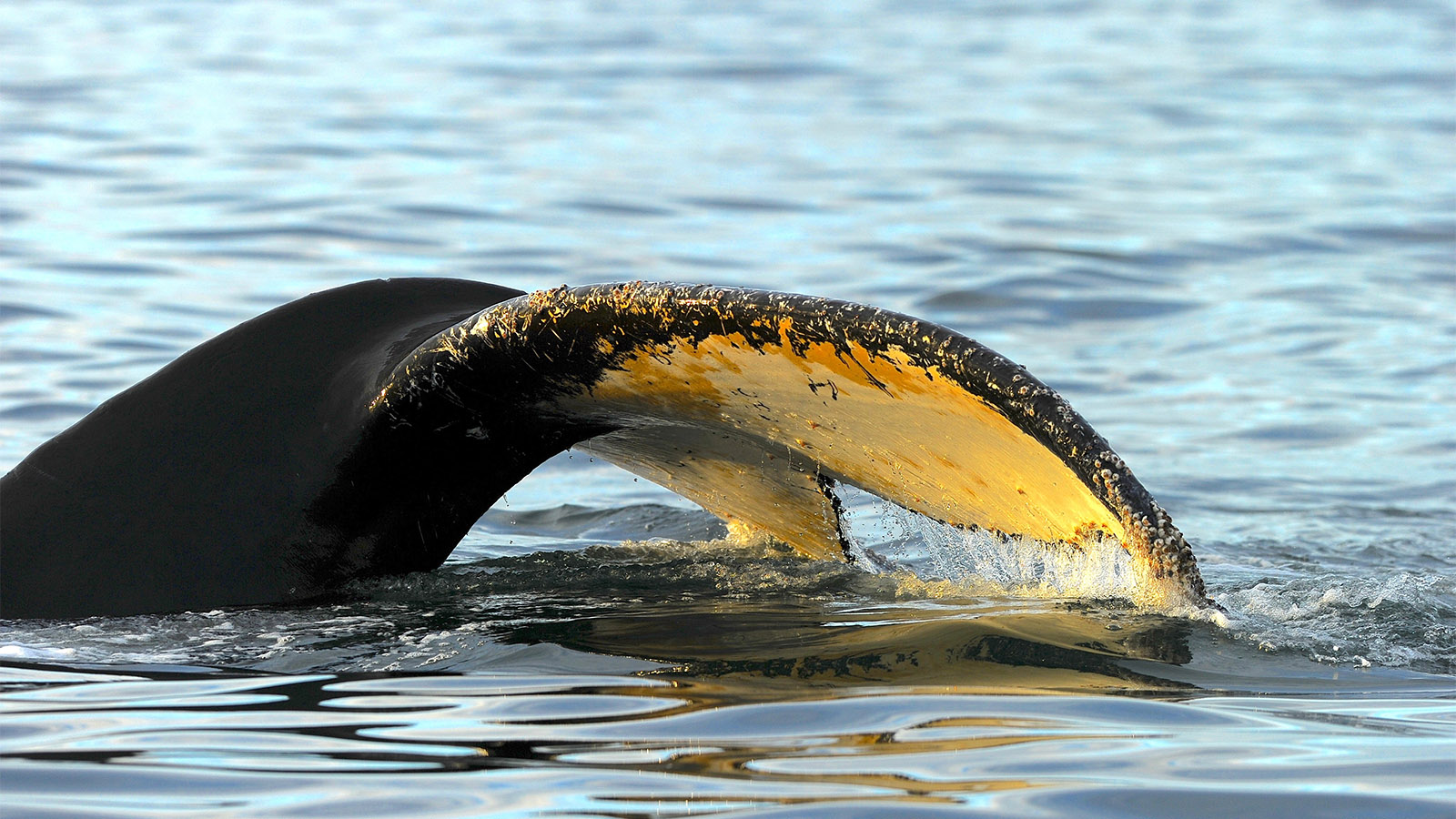Conservation
COA believes that our marine mammal research must have real-world conservation impact. We implement complimentary conservation projects that ensure marine mammals and their ocean environments thrive for centuries to come. Our research is at the core of some pioneering conservation policies and our conservation projects aim to amplify the continued use of sound science in marine management decisions. We work with community leaders, policy makers, private industry, and other scientists and NGO’s to collaboratively innovate and integrate new approaches to safeguarding ocean health.
Our current projects include:

Interagency Collaboration on Fisheries
Creating a whole-of government approach to fisheries enforcement
We are facing a rapid global decline in marine biodiversity, exacerbated by unprecedented illegal fishing, which steals 50 metric tons of fish every hour and costs the global economy over USD $20 billion each year.
To help save our ocean ecosystems—thus protecting the millions of people that depend on seafood for their food and economic security—the UN’s High Level Panel for a Sustainable Ocean Economy has recently put out an urgent call for 100% sustainable ocean management by the end of this decade.
However, most countries around the world do not have adequate maritime domain awareness (MDA), monitoring, control, and surveillance (MCS), or the interagency collaboration needed to ensure compliance around fisheries regulations. They also lack coordinated fisheries enforcement, as navies, coast guards, resource managers, port authorities, maritime police, prosecutors, and customs agencies often operate in silos with limited interaction.
COA’s Interagency Collaborations on Fisheries:
- Works closely with governments to train resource managers, enforcement personnel, and customs officials in international best practices around fisheries-related MDA, MCS, and seafood traceability,
- Helps governments fully integrate cutting-edge low or no-cost technologies to increase monitoring of fishing vessels,
- Develops collaborative systems and tools to ensure fisheries information is getting from navies and coast guards to resource managers, fisheries enforcement personnel, and prosecutors,
- Fosters interagency fisheries-related MDA, MCS and traceability working groups, and
- Helps these working groups build alliances with regional networks, international collaborators, and information sharing hubs.

Interagency Collaboration on MPAs
Strengthening policy standards for MPA management and enforcement
To help save our ocean ecosystems—thus protecting the millions of people that depend on seafood for their food and economic security—the IUCN has recently called on nations to protect thirty percent of state waters from all extractive activities by the year 2030. So far thirty-five countries have now signed the 30by30 pledge and are turning to marine protected areas (MPAs) to meet UN mandates, increase marine biodiversity, and ensure marine sustainability.
However, government agencies with mandates to support MPA compliance, and combat illegal fishing, such as fisheries departments, frequently lack adequate enforcement resources. And those maritime security agencies that have maritime resources, such as navies and coast guards, often have no mandate to fight illegal fishing in MPAs. Thus, MPAs are often just “paper parks.”
COA’s Interagency Collaboration on MPAs focuses on supporting governments that sign onto the 30by30 pledge to become more effective partners in MPA management and enforcement efforts by:
- Creating policy standards and aligning mandates around MPA interagency collaboration and enforcement that governments would implement;
- Partnering with governments to strengthen mandates, and interagency frameworks that support MPA management and enforcement;
- Creating whole-of-government collaborative tools, information exchanges, and working groups to ensure near real-time MPA-related MDA information is shared between navies, coast guards, marine resource managers, fisheries enforcement personnel, customs officials, and prosecutors;
- Encouraging international cooperation on MCS, while helping governments build alliances with partner nations, regional networks, international collaborators, and information sharing hubs;
- Working closely with governments to train resource managers, enforcement personnel, and customs officials in international best practices around MPA-related MDA to help strengthen their collective capacity to implement and maintain effective MCS regimes.
Signatories to the 30by30 pledge to date: Australia, Belgium, Belize, Benin, Cabo Verde, Cambodia, Canada, Chile, Costa Rica, Croatia, Denmark, Ecuador, Fiji, Finland, France, Gabon, Germany, Guatemala, Honduras, Italy, Kenya, Luxembourg, Maldives, Mauritania, Monaco, Nicaragua, Nigeria, Palau, Panama, Portugal, Senegal, Seychelles, Spain, St Kitts and Nevis, Sweden, Togo, United Arab Emirates, United Kingdom, and Vanuatu.

Oceans 2100
COA is committed to ensuring that the world’s ocean environment continues to support vibrant populations of marine mammals. Our Oceans 2100 project works with policy makers throughout the world with the belief that decisions made today support a sustainable ocean environment tomorrow, and for decades to come. In the near-term we are working to support the United Nations’ Sustainable Development Goal 14: Conserve and sustainably use the oceans, seas and marine resources for sustainable development. But we also recognize that meeting this goal in the coming years is only a first step toward protecting marine mammals from the harmful effects of climate change, ocean acidification, and ocean noise. As such, Oceans 2100 works with world leaders in establishing a more long-term vision for ocean protection.

Conservation Project Support
COA works with academic intuitions, government agencies, and other NGOs to design and implement research-driven conservation projects. We also work with other marine scientists to translate research findings that impact policy decisions around marine mammal protection.
